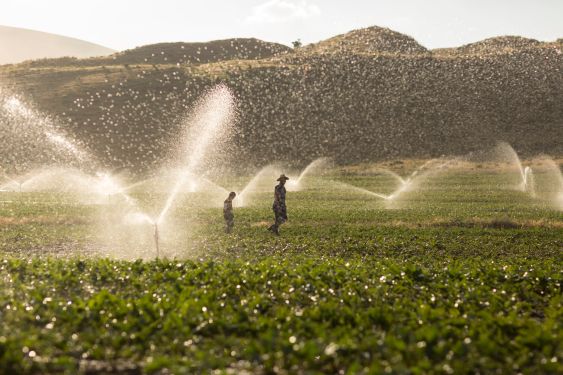In recent years, water scarcity has emerged as one of the most pressing global challenges facing humanity. According to recent statistics, approximately 71% of the Earth’s surface is covered by water, yet approximately 80 million people do not have access to safe drinking water every day. This disparity highlights the urgent need for sustainable solutions that can address this critical issue.
The Impact of Water Usage
Water consumption patterns vary widely across different regions and demographics. In developed nations, urbanization has led to significant increases in water usage, particularly through activities such as manufacturing, transportation, and energy generation. Conversely, developing countries often experience water shortages due to inefficient infrastructure and limited access to clean water sources.
The Role of Statistics
According to the United Nations, approximately 71% of the Earth’s surface is covered by water, yet approximately 80 million people lack safe drinking water on a daily basis. These statistics underscore the severity of the water scarcity issue and the need for innovative solutions to mitigate its impact.
Farmer Incentives in Water Scarcity
In regions experiencing extreme water scarcity, farmers often play a crucial role in ensuring sustainable water usage. For example, in open-irrigated countries, farmers may adopt various practices such as crop diversification or alternative irrigation methods to manage water resources effectively.
Introducing Kilimo: A Sustainable Water Solutions Company
Kilimo is a company that has emerged as a potential game-changer in addressing water scarcity issues. Through its innovative approach, the company aims to revolutionize water management by focusing on sustainability and efficiency.
The Kilimo Approach: Data-Driven Innovation
Kilimo’s methodology revolves around collecting critical data about soil quality and water availability through advanced sampling techniques. This information is then combined with satellite imagery to create detailed maps of water distribution, ensuring that resources are allocated efficiently and sustainably.
Monitoring and Management
Once the soil and water data have been collected, Kilimo employs cutting-edge technology to monitor field conditions in real-time. This allows for proactive management of water resources, helping farmers optimize their operations and minimize waste.
The Transition Process: From Data Collection to Water Management
The transition process within Kilimo involves several key steps:
- Soil Sampling: Collect representative soil samples from various locations.
- Satellite Imaging: Use satellite imagery to gather data on water distribution patterns.
- Data Analysis: Analyze the collected data using advanced algorithms to identify trends and anomalies.
- Field Monitoring: Implement real-time monitoring systems to track field conditions.
The Future of Water Management with Kilimo
Kilimo’s innovative approach has garnered significant attention from industry experts, who highlight its potential to transform water management practices globally. By focusing on sustainability and efficiency, the company is well-positioned to address some of the most pressing challenges in water resources management.
Conclusion: A Sustainable Future for Water Resources
The ongoing struggle with water scarcity underscores the need for innovative solutions that prioritize sustainability. Companies like Kilimo are at the forefront of this movement, offering promising alternatives that can help shape a more sustainable future. By embracing technology and best practices, we can ensure that water resources remain accessible and manageable for generations to come.
References
- United Nations: "World Water Assessment Report," 2023.
- World Resources Institute: "Water Scarcity Trends," 2022.





















